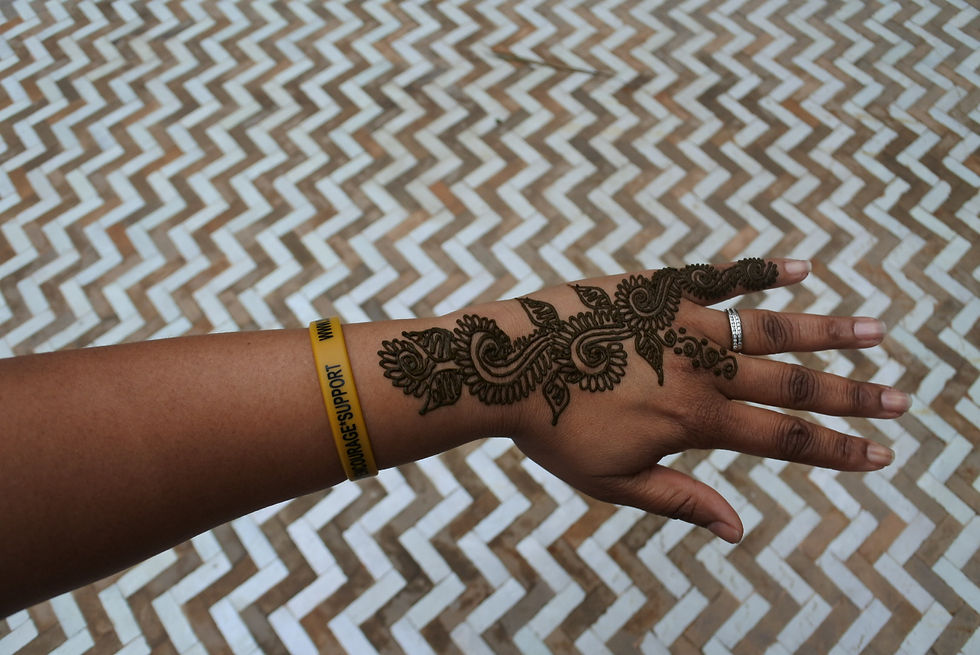That time when speaking 3.5 languages was of no use (A quick guide to surviving in Seoul)
- aymexume
- Jun 29, 2016
- 3 min read
Most travelers will tell you that they sometimes feel vulnerable in a foreign land. Not speaking a word of the local language multiplies this feeling exponentially.
As a traveler, speaking multiple languages comes in handy. You don’t even need to be fluent. Being able to say “please” and “thank you” goes a long way. And while you may feel that you’re butchering the language, most locals will appreciate the effort. It is good practice to learn a few basic phrases before arrival and to learn some more once on location—which is exactly the opposite of what I did when travelling to South Korea.
When I landed in Seoul last May, I didn’t speak a word of Korean. Not a single word—and I still don’t. I was relying (a bit too) heavily on my knowledge of English. It is, after all, the language of business, thus universal. Or so I thought. When you decide to travel off the beaten path, English no longer feels that universal.
Three point five languages, uh
Yes, I speak 3.5 languages. The “3” is for Haitian Creole (not Haitian, Facebook!), French and English. The point 5 is for Spanish. Let’s just say that I need practice. My limited knowledge of Spanish allows me to communicate my basic needs and to get the gist of conversations in Portuguese and Italian. That is if the people speak slowly enough, which people tend to do when they realize you don’t understand them.

Stranded in Korea
Aside from feeling vulnerable, I often felt stranded during my stay in Seoul. If halting a taxi was challenging enough, being able to let the driver know where to take us was verging on the impossible. Most taxi drivers we met didn’t speak or understand a word of English. My travel companions and I were unable to pronounce street names in an intelligible fashion. Our “conversations” with taxi drivers were limited to pointing at the screen of a phone, and hoping that they would recognize the location.
It was definitely a hit and miss. I’m not exaggerating when I say that about half the taxi drivers we stopped drove away because they had no clue what we were saying or where we wanted to go.
Tips
Use GoogleMaps
Take a photo of the street sign near your hotel. Show this photo to taxi drivers if they don’t understand your pronunciation.
Go to the nearest tourism info booth. Employees at the tourism info booth will gladly write down instructions for taxi drivers. They will also give you step by step instructions on how to get around in the city.
Go to the nearest major hotel and politely ask an employee to help you out.

Smile, point and nod
In our quest to live like locals, we ended up using the city bus a lot. The system is straight forward. The stops are announced in both Korean and English. Beware, they only accept coins! This leads me to one of the funniest stories of my trip.
Have you ever tried to break a 20? Easy, right. You just walk up to the nearest vendor and politely ask them to give you smaller bills or coins in exchange for your 20. Try doing that when you don’t speak a word of a language!
Here’s my method, the smile, point and nod method:
Step 1 Find a vendor
Step 2 Buy something using your largest bill (and hope that the vendor hands you back the amount of coins you need).
If you’re as lucky as I am, he won’t.
Step 3 Grab a few coins from your purse.
Step 4 Smile at the vendor. Point at the coins and nod. Point at the bill and shake your head (to indicate “no”).
You may need to do this more than once.
And voila!
Tips
If you intend on using the city bus, be sure to have exact change. Note that they only accept coins.
Learn a few words of Korean. Don't be like me.




Comments